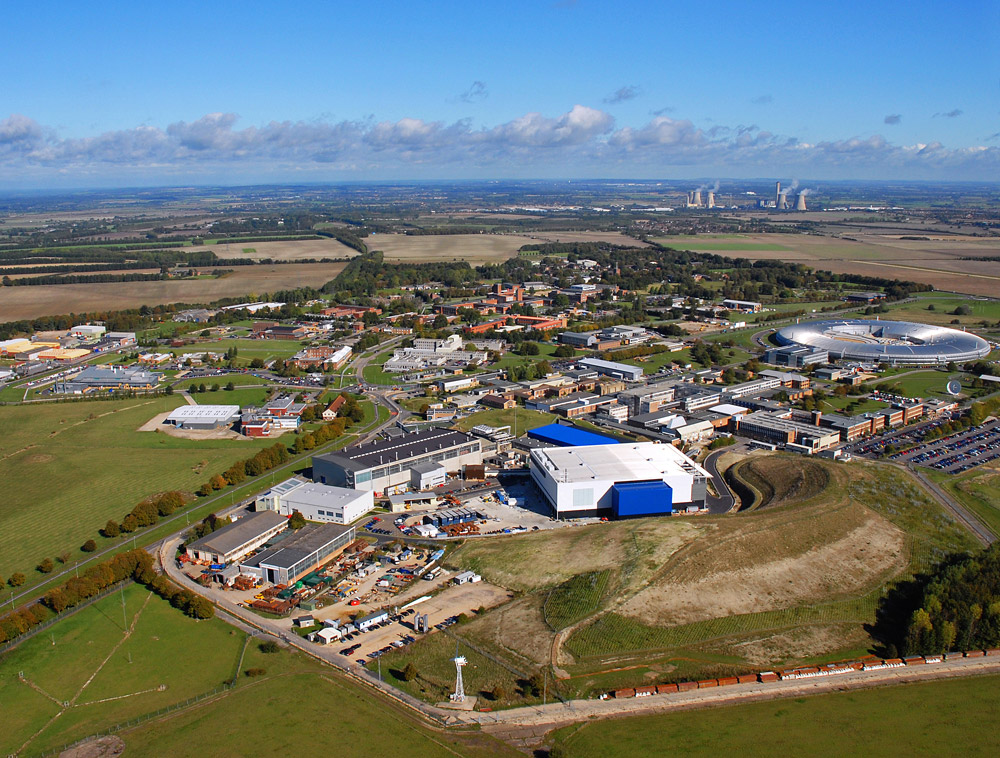New citation data just released by Thomson ISI shows the new Impact Factor of Faraday Discussions to be 4.5.
We wish to thank all those who have taken part in previous Faraday Discussions – your input has made this dynamic journal what it is.
Take a look at recent published Faraday Discussions:
Analysis for Healthcare Diagnostics and Theranostics
Theory and Mechanism in Bioinorganic Chemistry
Wetting Dynamics of Hydrophobic and Structured Surfaces
Frontiers in Physical Organic Chemistry
Multiscale Modelling of Soft Matter
There is also still time to take part in these upcoming Discussions:
Coherence and Control in Chemistry: Faraday Discussion 153
25 – 27 July 2011, Leeds, UK
Ionic Liquids: Faraday Discussion 154
22 – 24 August 2011, Belfast, UK
Artificial Photosynthesis: Faraday Discussion 155
5 – 7 September 2011, Edinburgh, UK
Or see our website for Faraday Discussions planned for 2012 – Future Faraday Discussions
Find out more about RSC Publishing’s 2010 Impact Factors

















